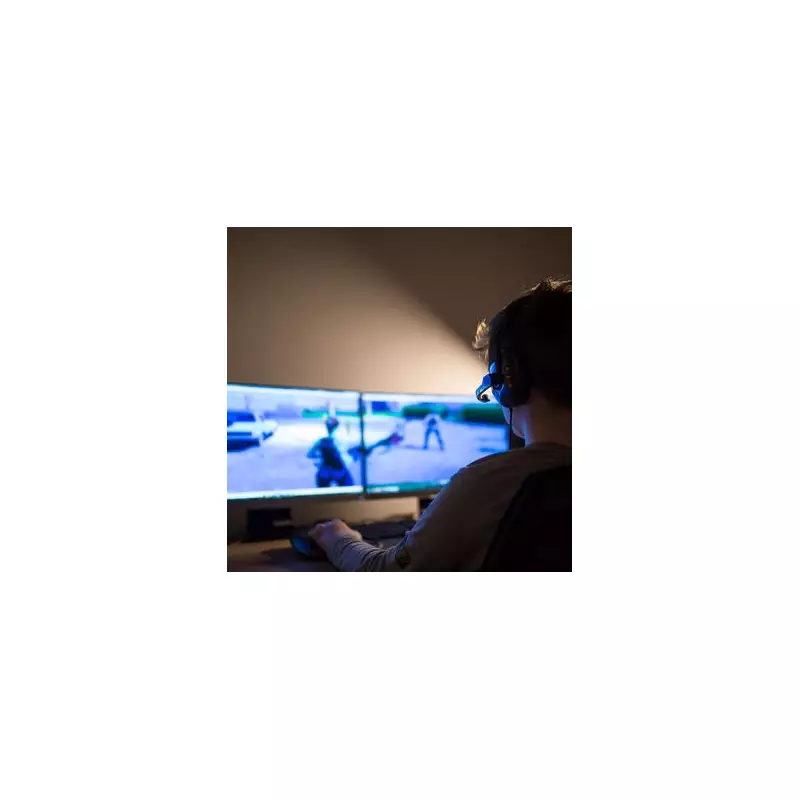
With video games more immersive than ever, many parents worry about their children's screen time. But when does a hobby become an addiction? Experts highlight 10 warning signs that your child's gaming habits may be spiralling out of control.
The Hidden Dangers of Excessive Gaming
While gaming can develop problem-solving skills and even social connections, excessive play can negatively impact a child's physical and mental wellbeing. Dr Sarah Thompson, child psychologist, warns: "When gaming starts replacing essential activities like sleep, schoolwork or face-to-face friendships, it's time for parents to intervene."
10 Red Flags Your Child May Be Gaming Too Much
- Withdrawal symptoms - Irritability or anxiety when not playing
- Declining school performance - Grades dropping due to distracted focus
- Sleep deprivation - Staying up late or waking early to game
- Social isolation - Choosing virtual friends over real ones
- Neglected hygiene - Skipping showers or meals to keep playing
- Loss of interest - Abandoning previous hobbies for gaming
- Secretive behaviour - Hiding play time or lying about usage
- Mood swings - Extreme reactions to losing or being told to stop
- Physical complaints - Headaches, eye strain or wrist pain
- Failed attempts to quit - Promising to cut back but being unable to
How Parents Can Help
Rather than banning games completely, experts recommend setting clear boundaries:
- Establish tech-free times (meals, bedtime)
- Create a family media plan with agreed limits
- Encourage offline activities and hobbies
- Play together to understand the appeal
- Model healthy screen habits yourself
If concerns persist, consult your GP or a mental health professional. Early intervention can prevent more serious issues developing.





